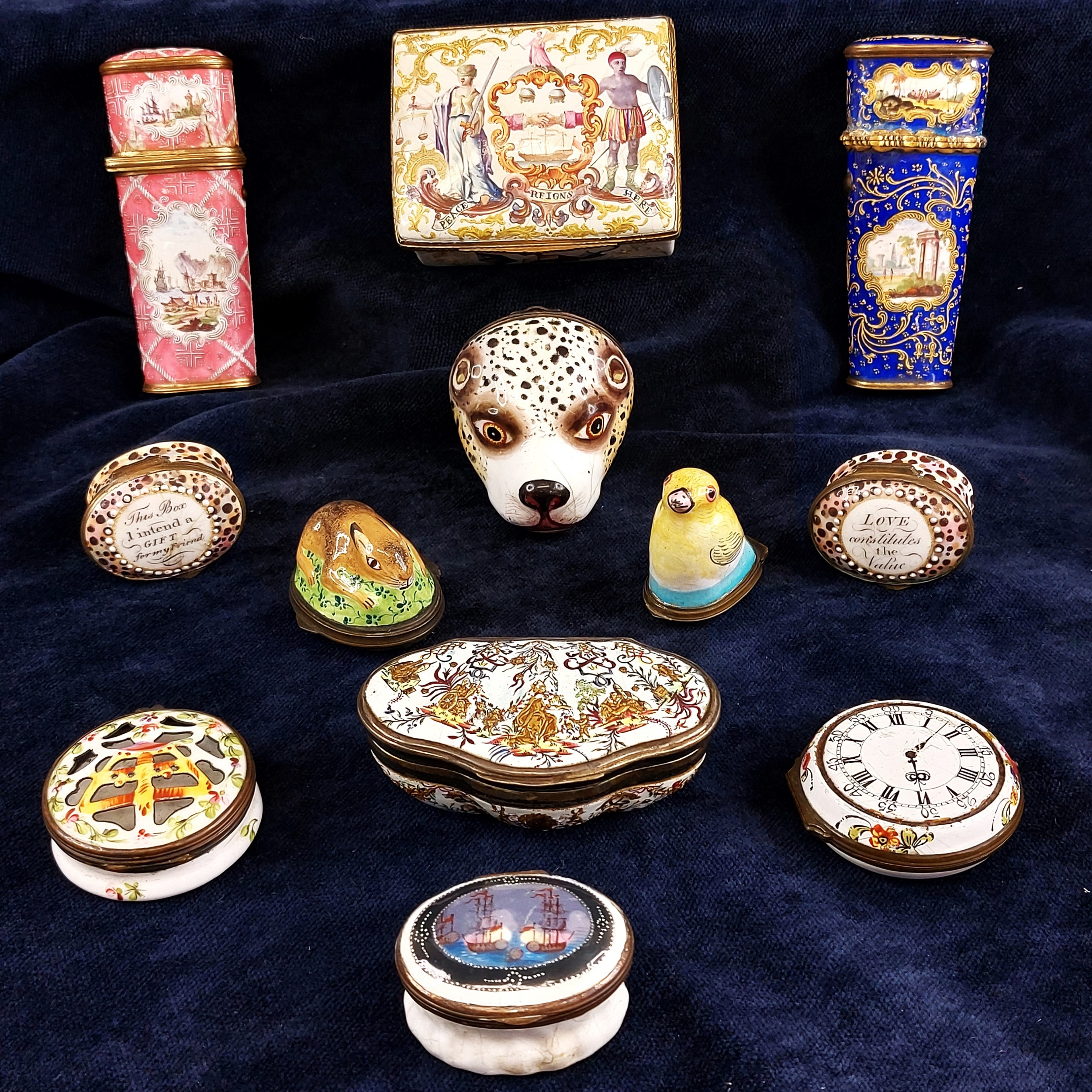The Great Ivory Debate 2016
No doubt if you are interested in, or trade in, antiques, you will be aware that there is currently a far-reaching and emotive debate taking place regarding the sale of ivory.
For centuries, ivory has been used to produce items currently traded as antiques such as piano keys, teapot finials, chess pieces, furniture inlays and carved artworks. Particularly in the East, ivory has great religious significance to many cultures. Because ivory is a natural organic material which is also virtually indestructible, ivory has been viewed as having mystical powers that could only be attributed to a deity. But the shocking demise of elephants and rhinoceros, and other species in the wild, means that we need to take stock of what our desire for ivory is doing to the natural world.
The current UN law (passed 1989) in the trade of ivory states that items must be 'worked' and to have been produced pre-1947. This was primarily intended to save elephants, but the result has often been counterproductive because restricting supply in a time of increasing wealth in Asia (the largest market for ivory) has driven up prices. There is also some confusion under the current law as to what constitutes 'worked'; in February four London dealers were forced to destroy silver figures of Beefeaters with carved ivory faces and ivory finials on silver teapots at an antiques fair in Miami. While further uncertainty is attached to the date issue; until very recently traders could decide for themselves if the items were pre-1947, but were not required to provide documentary proof of age.
This grey area has proved tricky for reputable auction houses and antiques dealers to navigate. For example, as it stands, we will sell Japanese Meiji period okimono and netsukes because they have been 'worked' (i.e. thoroughly carved and no longer resemble their original form), and they are pre-1947. However, partly due to restrictions, the lucrative trade in ivory means that recently carved items have entered the market and it can be difficult to ascertain their true age. Likewise, items such as carved tusks are not necessarily considered 'worked' because they are still quite clearly tusks. In these situations auction houses such as ours err on the side of caution and will not accept them for sale.
On the back of this, there is the ongoing mass slaughter of elephants and rhinoceros. The numbers are truly appalling. According to Save The Elephants "an estimated 100,000 elephants were killed for their ivory in Africa between 2010 and 2012". A study by Great Elephant Census states that "the population of savannah elephants declined by 30% between 2007 and 2014". It is clear that something needs to be done if we want elephants to exist for future generations.
However, the main impetus appears to be to reduce demand, rather than supply. Aside from its aesthetic value, ivory is prized in many parts of Asia as a status symbol, investment, and is used in the production of drugs. There are concerns that an imminent outright ban could speed up the massacre of elephants and make illegal poaching and trade even more lucrative as it is forced underground. Organised crime currently drives the ivory industry, and they will be the main beneficiaries if legal markets are closed down. A lesser evil, but an interesting comparison is alcohol prohibition in America - Americans kept drinking and only bootleggers and gangsters benefitted. There is also the fact that some poor communities, mainly in sub-Saharan Africa, rely on poaching as their only means of survival. Nonetheless, legal traders will also be adversely affected by an outright ban. A LAPADA (London and Provincial Antique Dealers Association) spokesperson estimates that approx. 350 of their members would go out of business if a complete ban was enforced. This is without even considering the countless, sometimes centuries old, works of art and antiques which could no longer be traded and may actually be destroyed.
There are many salient points on both sides, and while none of us wants to see the continued destruction of elephants and rhinos, we certainly don't want to hasten their demise with ill-considered laws. The CITES (Convention of International Trade in Endangered Species) conference began on 24th September, and members will vote on the closure of domestic ivory markets, which several countries oppose, including Japan, Namibia and South Africa. Whatever the outcome, we all welcome clarity in the law and hope that this issue can be resolved satisfactorily.





